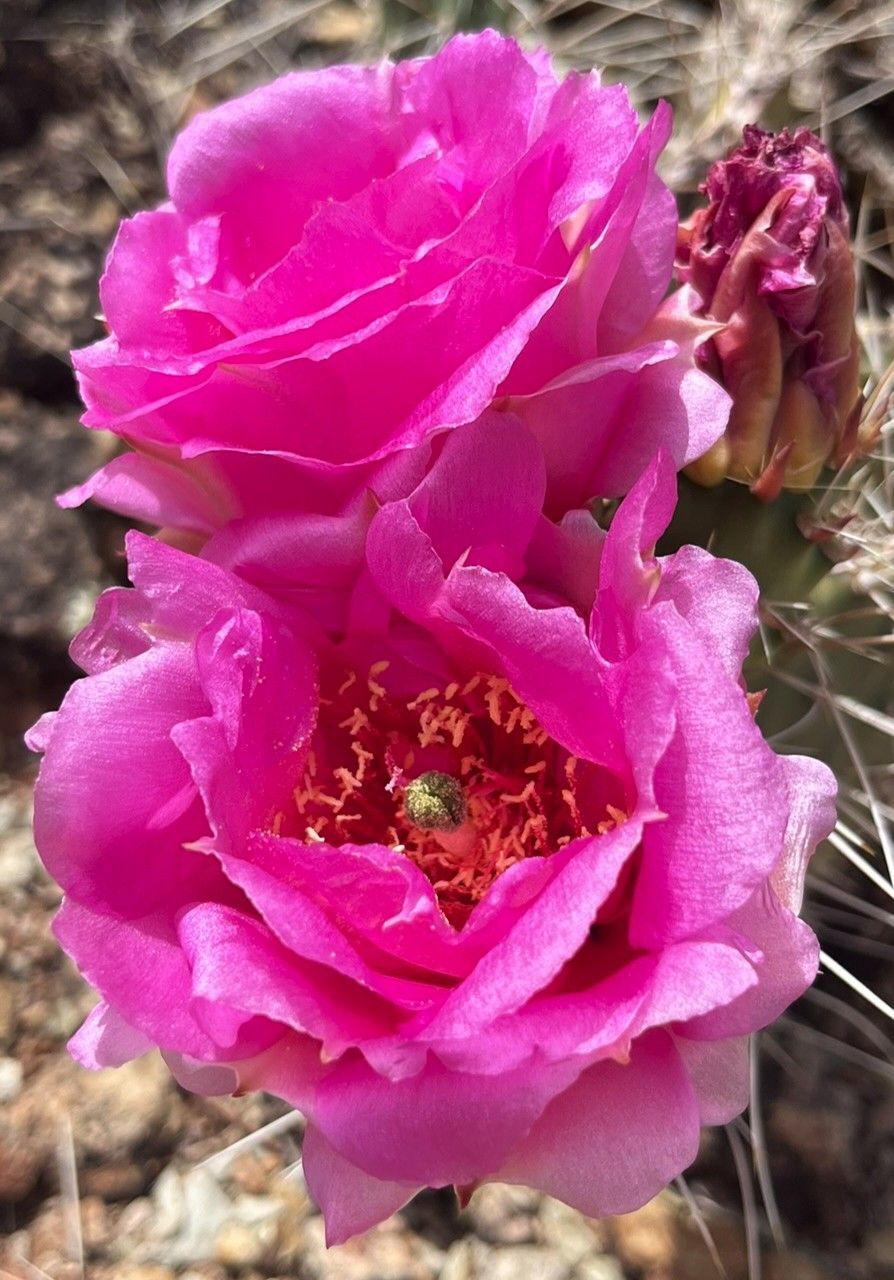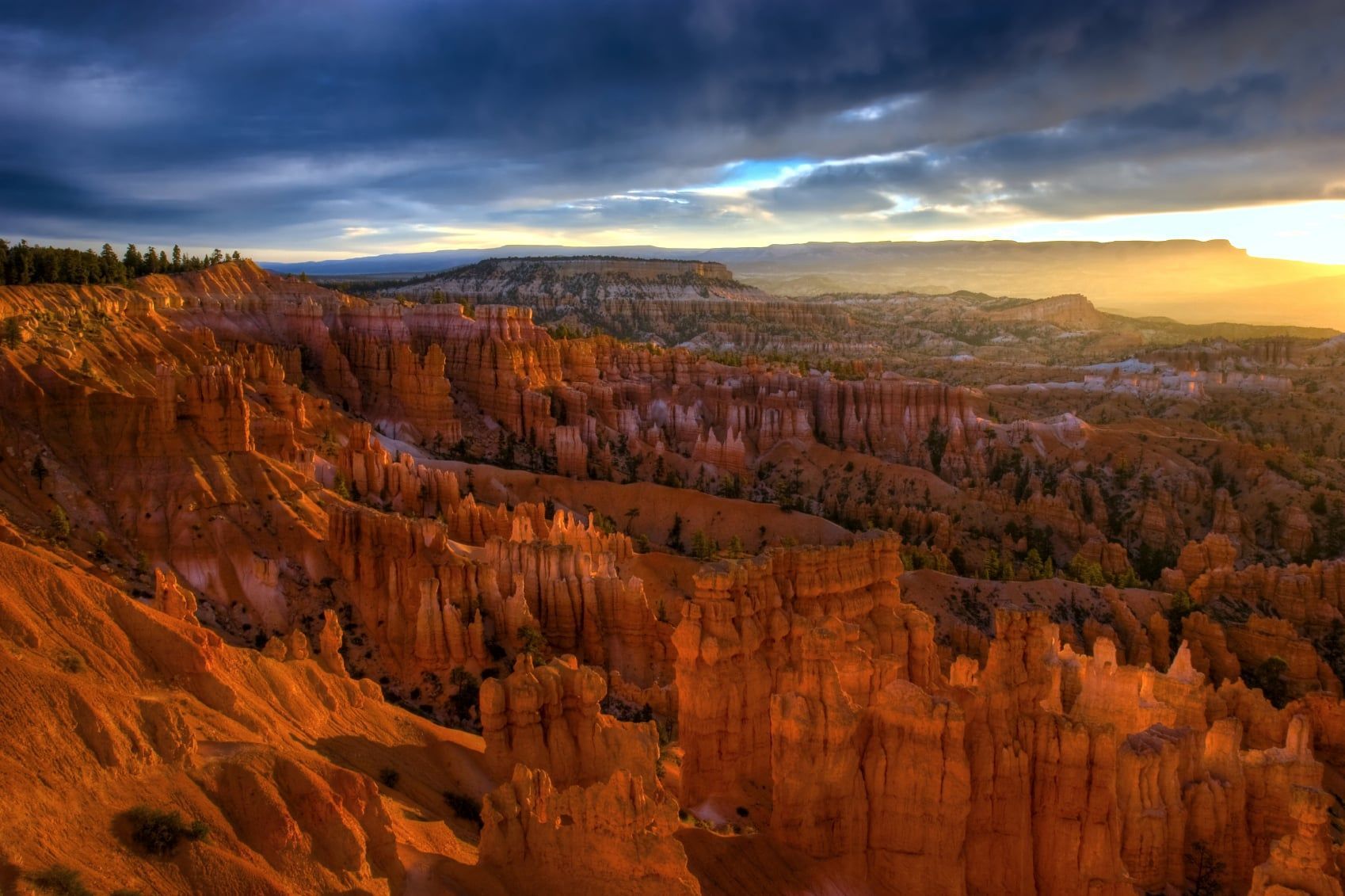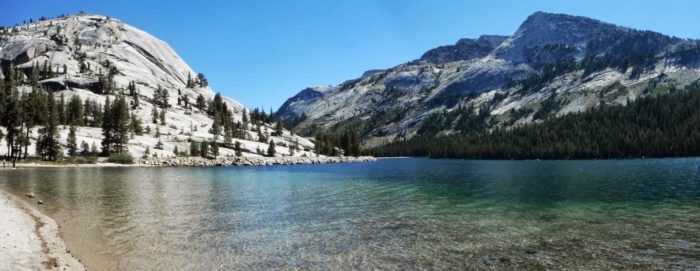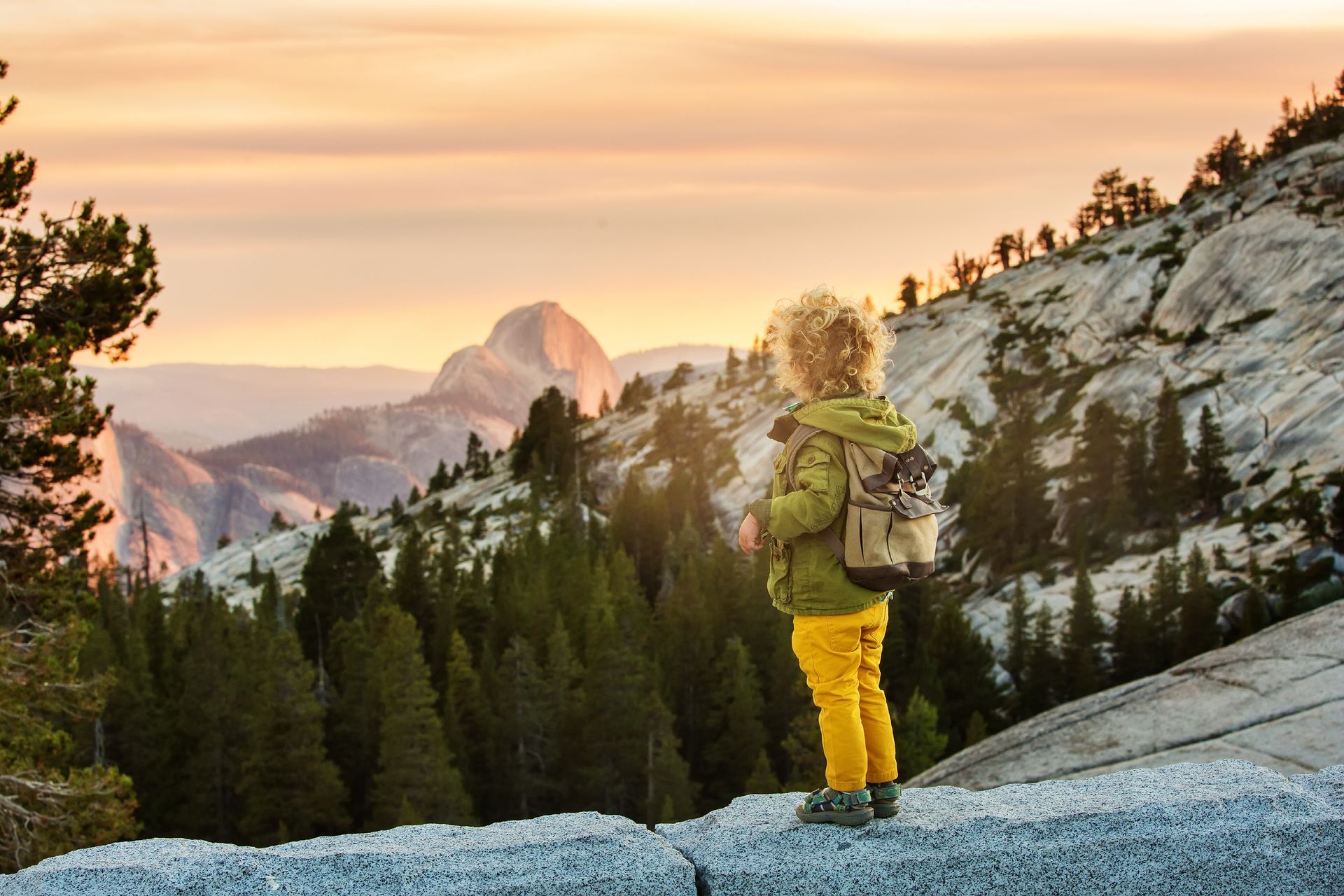Into the Quiet: How Time in Nature Restores Mind and Body
Key Takeaways
- Time in nature restores mental clarity and balance. Even short outdoor experiences—like a daily 20-minute walk—can lower stress and improve focus, while multi-day hikes provide deep nervous system reset and emotional renewal.
- Hiking is a form of moving meditation. Walking through natural landscapes promotes mindfulness and “soft fascination,” allowing your mind to rest while your body engages with the rhythm of the trail.
- Digital disconnection fuels true restoration. Unplugging from screens and routines during guided wilderness trips helps quiet mental noise and reconnect you to what truly matters.
- Nature’s stillness enhances creativity and problem-solving. Studies show that time outdoors, especially in remote settings, significantly boosts creativity and cognitive performance.
- Adventures with Four Season Guides are more than escapes. Their guided hikes and backcountry experiences invite you to recharge mentally, physically, and spiritually—offering a path back to presence and peace.
In a world full of alerts, deadlines, group chats, and endless to-do lists, it's easy to feel like we're always on—always plugged in, always available. For many, the daily pace feels like a treadmill that never stops. Even when we find a moment to rest, our phones, inboxes, and responsibilities keep calling.
But out in the wild—on a dusty trail beneath red rock cliffs, or beside a creek that hums through a canyon—something shifts. The volume of life turns down. The mind softens. And in the quiet, we find space to breathe again.
At Four Season Guides, this is one of the primary reasons we do
what we do. We believe that quality time in nature isn’t just a getaway—it’s a form of renewal. It’s a return to something we’ve lost touch with: stillness, presence, simplicity. It makes us happier people.

Nature Clears the Mental Clutter
Science backs this up. Researchers have found that even short doses of time outdoors improve focus, lower stress, and boost emotional well-being. One study from the University of Utah showed that spending just three days in nature—without the usual digital distractions—led to a 50% improvement in creative problem-solving. Another emerging framework, known as the “20-5-3 Rule,” recommends:
- 20 minutes a day in nearby green space,
- 5 hours a month in semi-wild environments, and
- 3 full days a year in truly remote, immersive settings.
That third piece—deep, unplugged immersion—is where the real magic happens. When you
venture into the backcountry for a few days at a time, the nervous system has a chance to downshift. The mind gets quiet. And we begin to notice things we haven’t in a while: the rhythm of our breath, the sound of wind in the trees, the steady beat of our own footsteps.
Hiking as a Form of Meditation
Unlike more passive forms of relaxation, hiking is both physical and mindful. It asks us to move with purpose, to tune into our surroundings, to listen. It becomes a full-body reset—an active way to care for our minds by caring for our bodies. There’s a kind of meditative rhythm in walking through landscapes that hasn’t changed in tens of thousands of years.
The natural world engages us through what some scientists have referred to as “soft fascination”—the rustle of leaves, the curve of a trail, the ripple of light on water. These quiet, gentle stimuli don’t demand our focus like a screen or a crowded street. Instead, they invite us to simply be, which helps the brain rest and reset.

Real Rest, Not Just Escape
Our guests often tell us that after a few days on the trail—when the phone has been off, when the agenda is simple (walk, eat, sleep, repeat)—they feel clearer, lighter, more grounded. The stress doesn’t just fade; it’s replaced by something richer: perspective, gratitude, a deep sense of calm.
That’s not just “getting away.” That’s restoration.
And when the trip ends, that feeling tends to linger. Our guests return home with a renewed connection to their own sense of balance. Their body feels stronger. Their mind is less cluttered. They’ve remembered something important: that the most valuable things in life aren’t things at all.
Make Space for What Matters
We know that our trips aren’t for everyone. They’re physically demanding. They require time, intention, and a willingness to step away from easy comfort. But for those ready to truly unplug, they offer a chance to reset in ways that few other experiences can.
Whether it’s trekking through the quiet corridors of the Grand Canyon, following a stream deep into the Escalante wilderness, or waking up beneath a ceiling of stars—our adventures offer more than just scenery. They offer a path back to yourself.
So if you’ve been feeling the weight of the modern world, maybe it’s time to set it down for a while.
The trail is waiting.
May is Mental Health Awareness Month, a timely reminder that taking care of ourselves goes far beyond gym memberships or morning routines. Sometimes, the most powerful act of self-care is stepping outside, breathing deeply, and letting nature do what it does best—restore
Still deciding? Explore our Google Business Profile Reviews
to see why guests love FS Guides’ all-women’s adventures, basecamp experiences, and hiking and yoga retreats.
us.
Frequently Asked Questions
Discover how time spent in nature can restore balance, improve mental clarity, and help us reconnect with what truly matters.
How does spending time in nature help reduce stress?
Nature naturally calms the nervous system. The quiet sounds, open spaces, and slower pace signal the body to relax, lowering cortisol levels and easing anxiety. Even short walks outdoors can reduce stress and improve emotional balance.
Why is hiking considered good for mental health?
Hiking combines movement, fresh air, and mindfulness. The rhythmic act of walking and noticing your surroundings helps release tension, boost mood, and clear the mind. It’s a meditative form of exercise that reconnects body and mind.
What is the “20-5-3 rule” for time in nature?
The 20-5-3 rule recommends 20 minutes a day in green spaces, 5 hours a month in semi-wild areas, and 3 full days a year fully immersed in remote nature. This balance supports regular restoration and deeper mental renewal.
How does unplugging from technology during outdoor trips benefit us?
Stepping away from screens allows the mind to rest from constant stimulation. Without alerts or digital noise, focus improves, creativity increases, and we regain a sense of presence often lost in daily life.
What is “soft fascination” in nature?
“Soft fascination” describes how natural environments gently hold our attention—the movement of leaves, flowing water, or shifting light. This effortless engagement lets the brain rest, unlike the demanding focus of screens or crowds.
Can hiking be a form of meditation?
Yes. Hiking encourages mindful movement—paying attention to each step, breath, and sound. Over time, this focus quiets mental chatter and promotes a meditative, restorative state similar to seated meditation.
Why do people feel mentally refreshed after multi-day hikes?
Extended time outdoors allows for full mental and physical reset. With fewer distractions, the body’s rhythms align with nature, improving sleep, mood, and focus. The simplicity of “walk, eat, sleep, repeat” helps restore clarity and calm.
How long does it take to notice benefits from being outdoors?
Even 20 minutes in green space can lift mood and sharpen focus. After a few hours, stress begins to drop noticeably. Deeper restoration often happens during multi-day trips when the body and mind fully unplug.
What makes nature-based trips different from regular vacations?
Unlike fast-paced travel, nature-based trips emphasize slowing down, being present, and disconnecting from daily pressures. They provide genuine restoration rather than mere distraction—helping you return home rebalanced and recharged.
How does time outdoors improve creativity?
Studies show that spending several days in nature boosts creative problem-solving by up to 50%. Without digital interruptions, the brain shifts into a relaxed yet alert state, ideal for insight and imagination.
Four Season Guides, 506 N Grant St suite o, Flagstaff, AZ 86004, United States
+19285251552
35.19653980, -111.62000560



